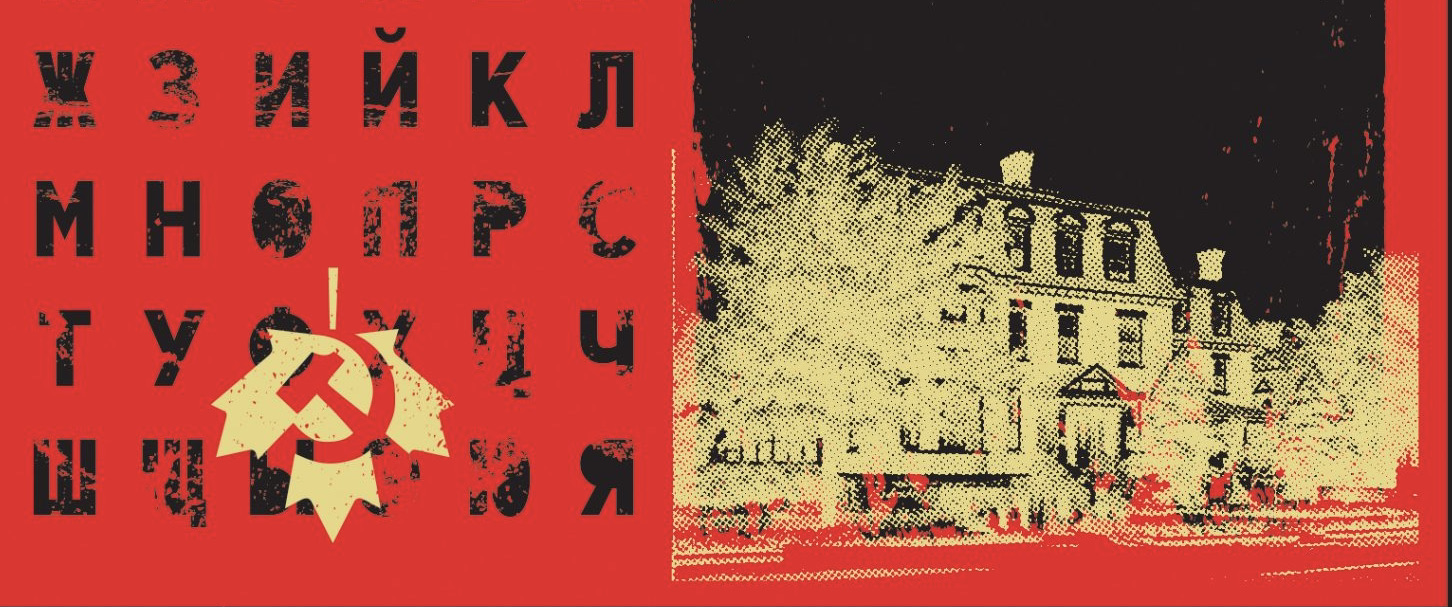
Have you seen the play Rosencrantz and Guildenstern are Dead? Tom Stoppard’s play, first produced at the Edinburgh Festival Fringe in 1966, turns Shakespeare’s Hamlet on its head. These two-bit players become the lead characters in a tragic-comedy drama with the Prince of Denmark relegated to a minor part.
Last Night of the World does much the same, relegating Igor Gouzenko of Canada’s famous Gouzenko Affair, to that of a bit player in a true incident that consumed this country’s newspapers week after week in the late 1940s. Many historians consider The Gouzenko Affair to have sparked the Cold War.
In this intriguing historical novel, it is the lives of fellow members of this Soviet spy ring, one in particular, who could suffer the consequences of a decision to turn over top-secret files to Canada’s Royal Canadian Mounted Police by Gouzenko, a lowly cipher clerk in the Soviet Union’s embassy in Ottawa.
In Last Night of the World, we navigate those dark and violent times through the eyes of the bold and beautiful Soviet agent Freda Linton, from her childhood in Nesvicz in Belarus and her escape during a pogrom to her emergence as a reporter for TASS the Soviet news agency. She makes it to Canada and manages to infiltrate the top levels of the Canada’s government on behalf of the fledgling Communist Party of Canada. When tasked by her handler to steal atomic secrets from Chalk River Nuclear Laboratories she must make an impossible decision.
Adding intrigue to mystery are names of actual well-known people of the time caught up in the affair. Fred Rose, the only Communist Member of Parliament in the House of Commons, John Grierson the first commissioner of the National Film Board and Freda’s lover, the dashing and quixotic Colonel Nicolai Zabotin, who was head of the Soviet GRU spy network in Canada. Even Freda is based on Freda Linton, an agent for Russian intelligence run out of the Soviet Embassy in Ottawa during World War II.
Author Joyce Wayne knows whereof she writes. She was what she refers to as a ‘red diaper baby’, the child of card-carrying members of the Canadian Communist Party until her father lost his faith in the Bolsheviks. But this has provided Ms. Wayne with a very different slant on a childhood spent during the Cold War, now mercifully relegated to history.
The paranoia of that time, the searching and finding of Communist spies and traitors of all stripes has never left her. So, when she began to consider a second historical novel the plot came easily. A woman spy would be the central figure before, during and after the now famous Gouzenko Affair thus constructing a sleight of hand where the known truth becomes ‘what might have happened’.
Wayne’s previous novel The Cook’s Temptation is set in Victorian England with the central figure Cordelia, a strong-minded Jewish woman, who is caught between her need to be accepted by English society and her longing to be true to herself.
Mosaic Press of Oakville published both books.
Ms. Wayne is an award-winning literary journalist and a former editor of Quill and Quire. She was a winner of the Diaspora Dialogues contest for fiction and has been awarded the Fiona Mee Award for literary journalism. She lives in Oakville, Ontario.



